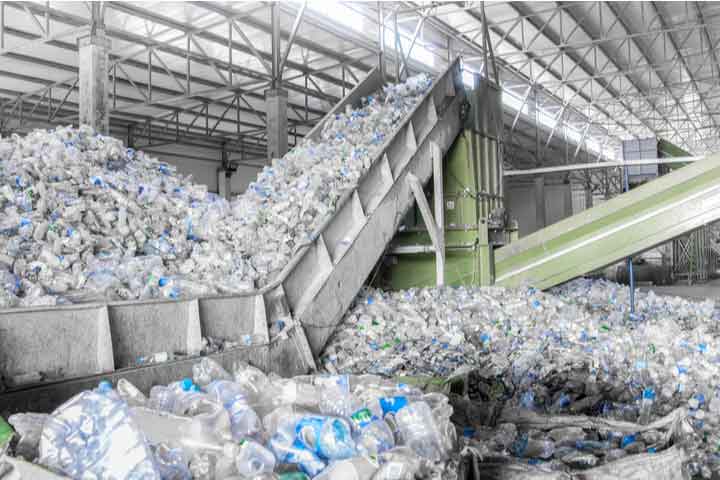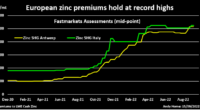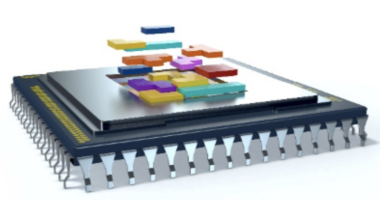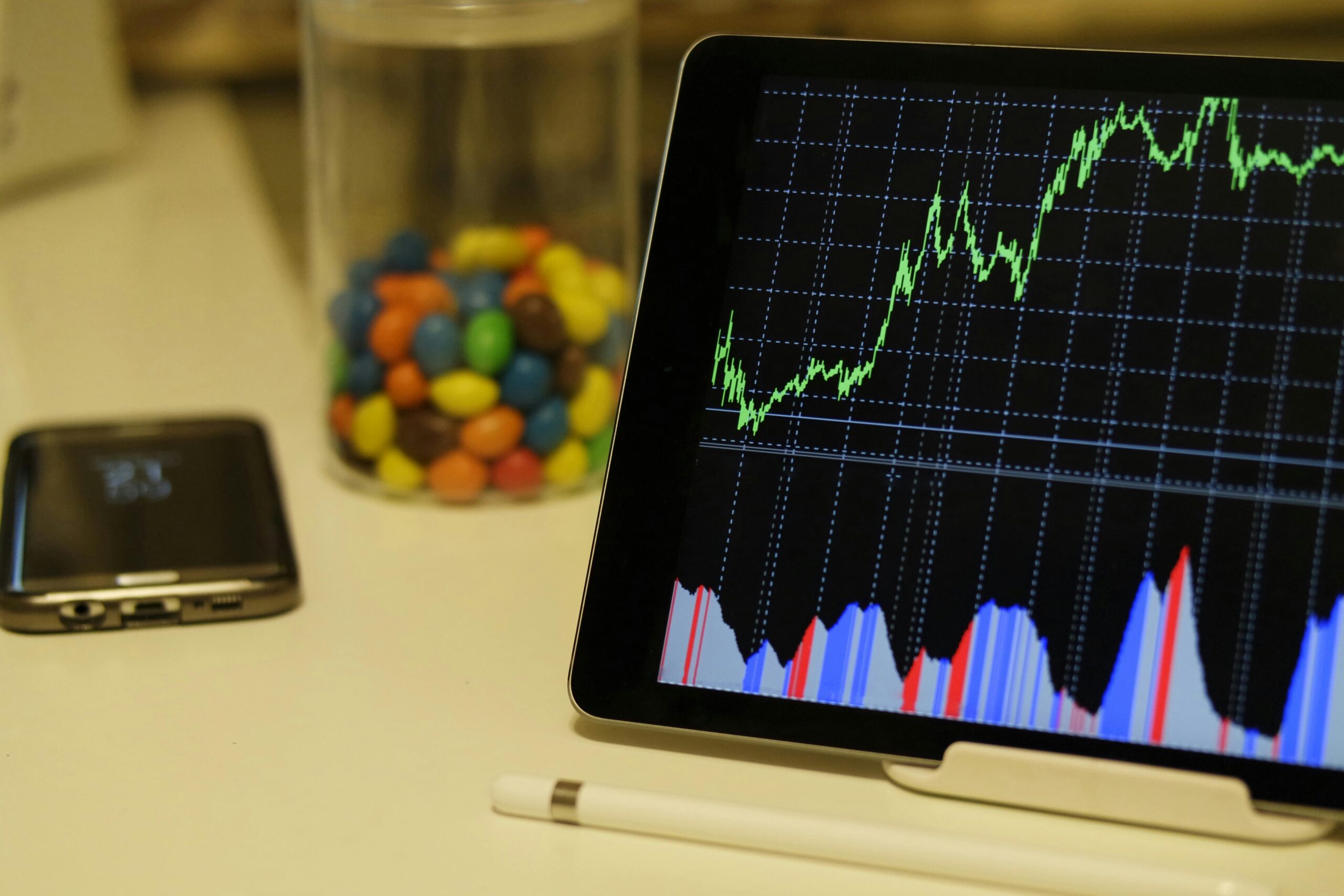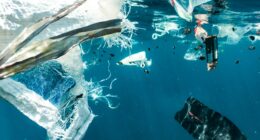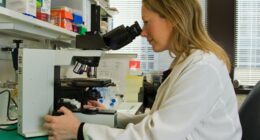We have a plastic problem, and it touches almost every corner of the globe. Plastics are polluting our oceans, fresh waters, soils, even our bloodstreams. The reliance on using fossil fuels to produce plastic is contributing to climate change. Plastic use has gone way up over the past few decades, yet our methods for dealing with plastic waste have remained largely unchanged. In the United States, plastic waste grew tenfold from 1970 – 2018 while recycling rates have remained low. According to the U.S. Government Accountability Office, less than 9% of plastic waste is recycled.
Consumer habits definitely play a role in the low rate of recycling, but the technology available to process used plastic into new products plays a much larger role. By far the most common method of recycling is mechanical – plastic is sorted, ground, washed, separated, dried, and re-granulated to provide recycled plastic stock. The process is labor intensive, expensive, and incapable of handling many kinds of plastic. On top of that, the resulting output is generally of lower quality and less usable than virgin plastic. New approaches are needed.
Aduro Clean Technologies Inc. (CSE: ACT) (OTCQB: ACTHF) (FSE: 9D50) has developed a patented water-based chemical recycling system based on its Hydrochemolytic™ platform technology. Compared to mechanical recycling, Hydrochemolytic™ recycling has proven capable of processing a far broader range of plastic feedstocks, doing so much more efficiently and affordably. The company recently announced the completion of its R2 Plastic reactor, a machine designed as a customer engagement tool to prove the system’s capabilities to potential clients. The R2 is an intermediate step prior to a small commercial-scale pilot project slated for 2023 as part of Aduro’s plan to commercialize its technology.
See Aduro CEO Ofer Vicus discuss the R2 reactor, how it advances the commercialization plan, the importance of non-dilutive grant funding and the partnership behind it, and more company developments in the video below.
CEO Update 2022 Review of Project Activities
Aduro’s Game Changing Technology
The Hydrochemolytic™ platform has the potential to completely revolutionize how plastics are recycled. It also has the potential to have a similar impact on other fossil fuel related processes, including the upgrading of heavy tar-like oils called bitumen into lighter more usable grades of crude oil (Hydrochemolytic™ Bitumen Upgrading) and the upgrading of renewable oils into renewable fuels like diesel (Hydrochemolytic™ Renewables Upgrading).
Despite years of the ‘Reduce, Reuse, Recycle’ refrain being pounded into consumer’s heads, the reality is that plastic recycling is actually becoming less and less feasible. There are thousands of types of plastic now, and they can’t be processed together. Most plastic recyclers have stopped accepting anything other than #1 (PETE) or #2 (HDPE). According to the U.S. government, recycling rates for these types of plastics hovers around 29%. Still, plastic waste accounts for about 18% of all landfill material, and only 9% of plastics in general are recycled at all.
Greenpeace found that around 50% of recycling facilities in the U.S. were accepting #5 plastic, common in cups and containers, but only 5% of it was actually recycled with the rest ending up in landfills. Something has to change as the world digs itself deeper into the plastic abyss, and Aduro’s approach may be just the ticket.
Hydrochemolytic™ reactors can be scaled for a small community or a major commercial operation. One of the limitations on recycling is the need to transport the materials to major recycling centers, making the economics especially prohibitive for smaller populations. Another hurdle to overcome is the tremendous amount of capital expenditure necessary to start a mechanical recycling facility, as well as the ongoing expense of operating one. Aduro’s system is a much more affordable alternative, both in terms of startup costs and ongoing expenses. It operates at lower temperatures than existing technologies, creating fewer emissions and requiring less energy for the operation. It is also capable of handling diverse varieties of plastic feedstocks and can be configured along the way to optimize for various end product types.
Aduro’s Plan, and Partners
In short, the Hydrochemolytic™ platform ticks off most of the boxes on the list of plastic recycling problems. For Aduro, the challenge now lies in proving the technology to an ever-expanding group of potential customers, on an ever-increasing scale of operation. The newly constructed continuous feed R2 Plastic Reactor is a major development for the company and will enable it to pursue these goals on the way to large scale commercialization.
Toward that end two recent developments should be noted. First, the company secured $1.15 million in non-repayable financing, in partnership with the University of Western Ontario, from the Canadian government’s National Sciences and Engineering Research Council Alliance and the associated Mitacs Accelerate Grants Program. The grant funds a three year program designed to improve upon the Hydrochemolytic™ plastic recycling technology and speed the commercialization process. Aduro benefits in a number of ways, not the least of which is its ability to work with a top notch research staff and students who could perhaps one day work with the company more directly.
The second announcement was the selection of Aduro for the Shell GameChanger program. The energy giant’s accelerator program looks to partner with companies and technologies that could hasten the advance toward global net-zero emissions. Shell has identified Aduro’s plastic recycling platform as a potentially key contributor to a low carbon future. To support the project, Shell will contribute non-dilutive funding with the contribution payments being spread over six project phases, each phase and associated payment being contingent on meeting the objectives set for the previous phase. In addition, Shell will provide technical expertise to help Aduro develop reliable process designs and optimize the HCT technology for commercial implementation. Shell GameChanger will also mentor Aduro in developing their commercial strategy and market position.
These partnerships, both with Shell and with the University of Western Ontario, are a huge validation of Aduro’s technology and commercial potential and of course can only serve to hasten and improve the introduction of Hydrochemolytic™ technology to the global market. With companies worldwide pledging to work toward a circular, low waste plastic economy, the timing couldn’t be better.

